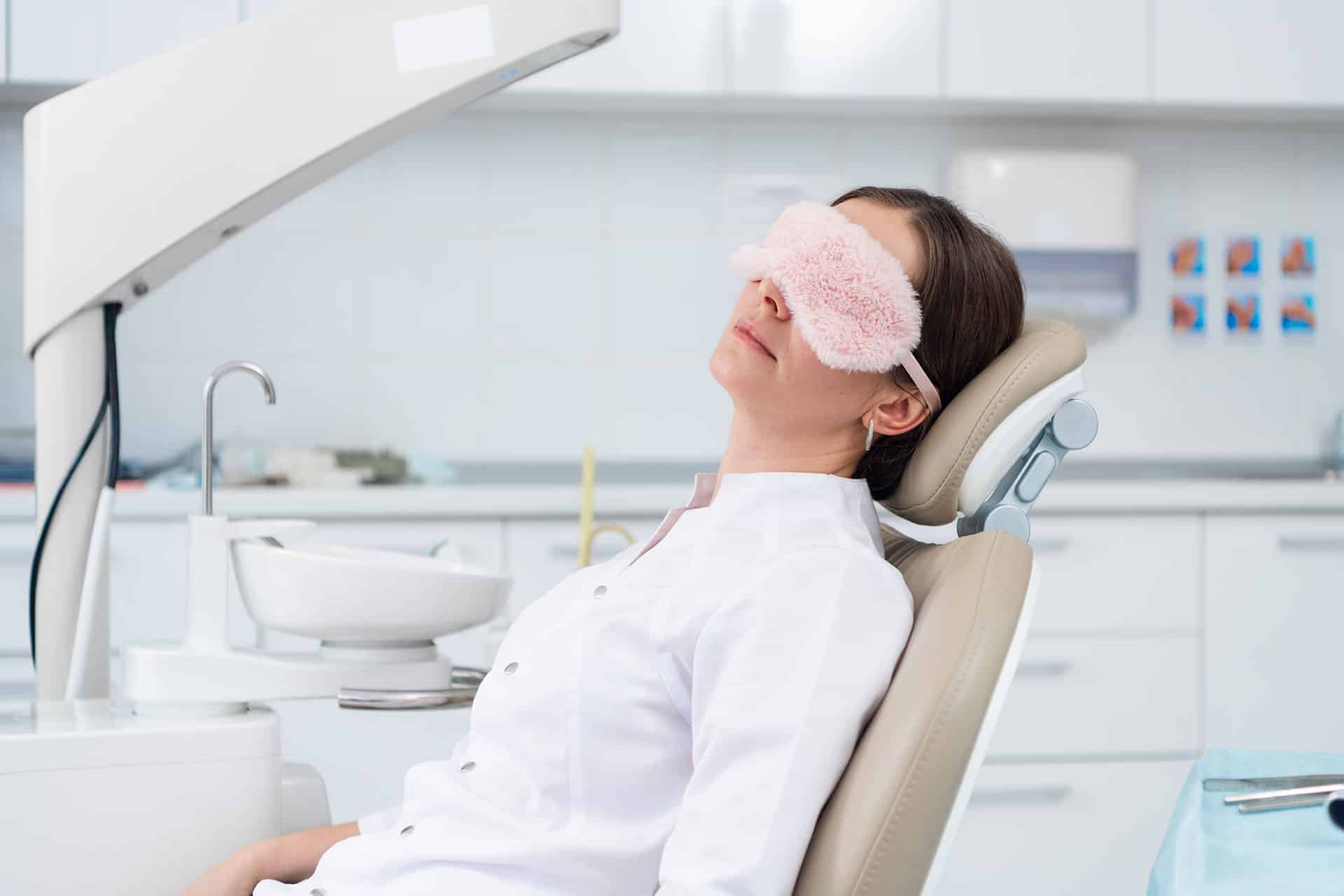IV Sedation
Schedule a Complimentary Consultation
Schedule Your Appointment Today Call Now: (805) 526-1000If your body tenses with fear when you only think about having your teeth cleaned in a dental chair, you are not alone.
A lot of people feel anxious about visiting their dentists. Sedation dentistry is a sheet anchor for those patients who try to avoid dentists by any means. Special medications help patients to relax during the dental visit. Sedation can be used for various dental procedures from invasive procedures to simple tooth cleaning. What type of dental sedation to use depends on the severity of your fear.
Follow Us On Instagram To See Before and Afters
@elitedentistryofsimivalley
Who Need to Have Sedation?
All patients who have fear of dental procedures can ask the dentist for sedation. Sedation is appropriate if you:
- Have a low pain threshold
- Are going to have an unpleasant invasive procedure
- Feel nervous and can’t seat still
- Have sensitive teeth
- Need to undergo multiple dental procedures
- Have a problem with gag reflex
Types of Sedation Dentistry We Use
Only after the careful examination, your dentist can recommend which type of sedative medications is more appropriate for you. However, being familiar with different sedation types can be helpful for you:
Inhalation Sedation
Inhalation sedation means breathing nitrous oxide, better known as “laughing gas,” combined with oxygen. The gas helps patients to feel relaxed. The advantage of inhaled sedation is that the gas puts out of action quickly (within 3-5 minutes), that allows you to drive yourself home after the dental procedure and easily return to the everyday routine. The depth of sedation can be controlled from moment to moment which is impossible with other sedation types. Inhalation sedation has minimal side effects and is safe for the heart, lungs, kidneys and brain. That is why, it is more often prescribed for children and adult patients. This sedation type is prefect for soft-tissue-involving procedures (in this case nitrous oxide plays the role of painkiller) and very effective at minimizing gagging problem. Overall, this method is good for light dental procedures and routine dental visits.
Oral Sedation
Oral sedation is a popular option that allows you to relax your body and mind without the need of making injections, especially if you are afraid of needles. Special sedative medications are given orally: they can be swallowed or placed under the tongue and resolved. Oral sedation starts working within some minutes. With minimal oral sedation you will rather feel yourself snoozy, but still be awake. A large dose of medication will make you fall asleep (the sleep is usually superficial and the patient can be easily awakened with a slight shake). Note, that oral sedatives don’t kill the pain, so you will need to have local anesthetics as well. Moreover, after the treatment you will feel yourself drowsy, so be ready that someone drives you home.
Moderate (IV) Sedation
This type of sedation is made intravenously – IV. During moderate sedation you remain conscious and are able to communicate with the dentist, in case of necessity. However, you may not remember much of the procedure. The medication used for sedation makes you fall into a state of deep relaxation as well as produces partial or full memory loss. This method lets the dentist adjust the level of sedation during the procedure increasing or decreasing the amount of medication. IV sedation reduces your anxiety and pain and is a good option if you experience a bad gag reflex. The recovery time after IV sedation varies depending on a patient. However, you should avoid driving or operating machinery during at least 24 hours after the procedure.
Deep Sedation
Deep sedation refers to general anesthesia when the patient is totally unconscious. You can’t be awakened until the effects of medication wear off. Deep sedation requires additional support for breathing and is more risky for heart and other life-supporting functions. The procedure also requires the presence of an anesthesiologist. Therefore, deep sedation is usually used if a patient needs extensive dental work and has severe anxiety of invasive procedures.

Frequently Asked Questions
If your child flatly refuses cooperating with the dentist, he/she can be given sedation. Using conscious sedation helps children to relax and become sleepy. Nitrous oxide is the safest medication used for children. However, sometimes children may refuse to put on the mask. Oral sedation is used for children that are more anxious about visiting the dentist. Sometimes, sedation medicines can be given to children through the nose, with the help of suppository, injection or intravenously. These methods require more experience and should be carefully monitored.
Usually, sedation procedure is safe and comfortable, if given by an experienced dentist. However, some people (for example, those who are suffering from sleep apnea, CNS disease, cardiologic problems, pregnant patients, the elderly, etc.) are more likely to have complications after sedation. A pulse oximetr, electrocardiographic monitoring can be used to prevent early signs of hypoxia or cardiac dysrhythmia. Thus, it is important to discuss existing sedation options and your medical history with the chosen dentist beforehand. Proper selection of an appropriate sedation option will reduce the risk of sedation complications.
After Sedation
Most patients don’t feel any discomfort after sedation. The aftercare instructions depend on the type of sedation you had. Generally, if you have had oral, IV or deep sedation, it is recommended not eating hard foods and staying well-hydrated right after the procedure. You should also think about having an adult stay with you until you are fully alert. Have a person to drive you home and try to rest for the remainder of the day. Any strenuous activities should be eliminated. Don’t consume alcohol and avoid taking any medications (unless your dentist prescribed some). Contact your dentist, if after sedation you have a fever, cough, headache or feel like vomiting.